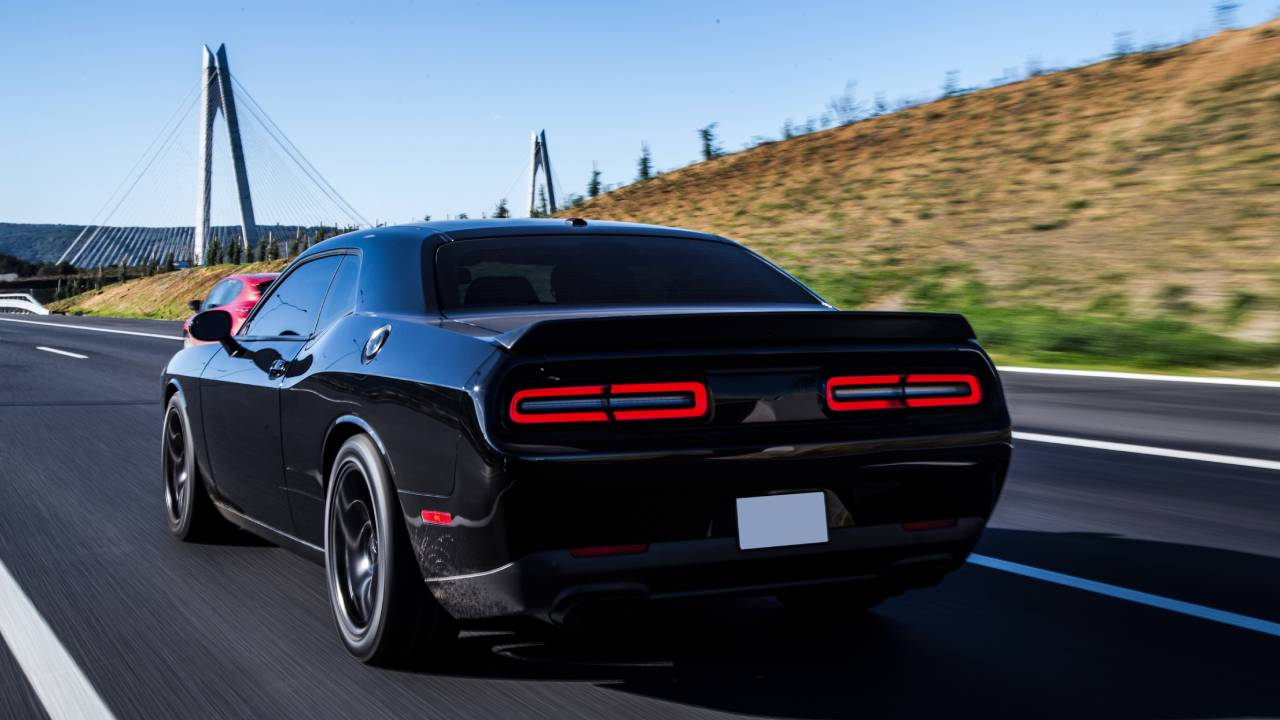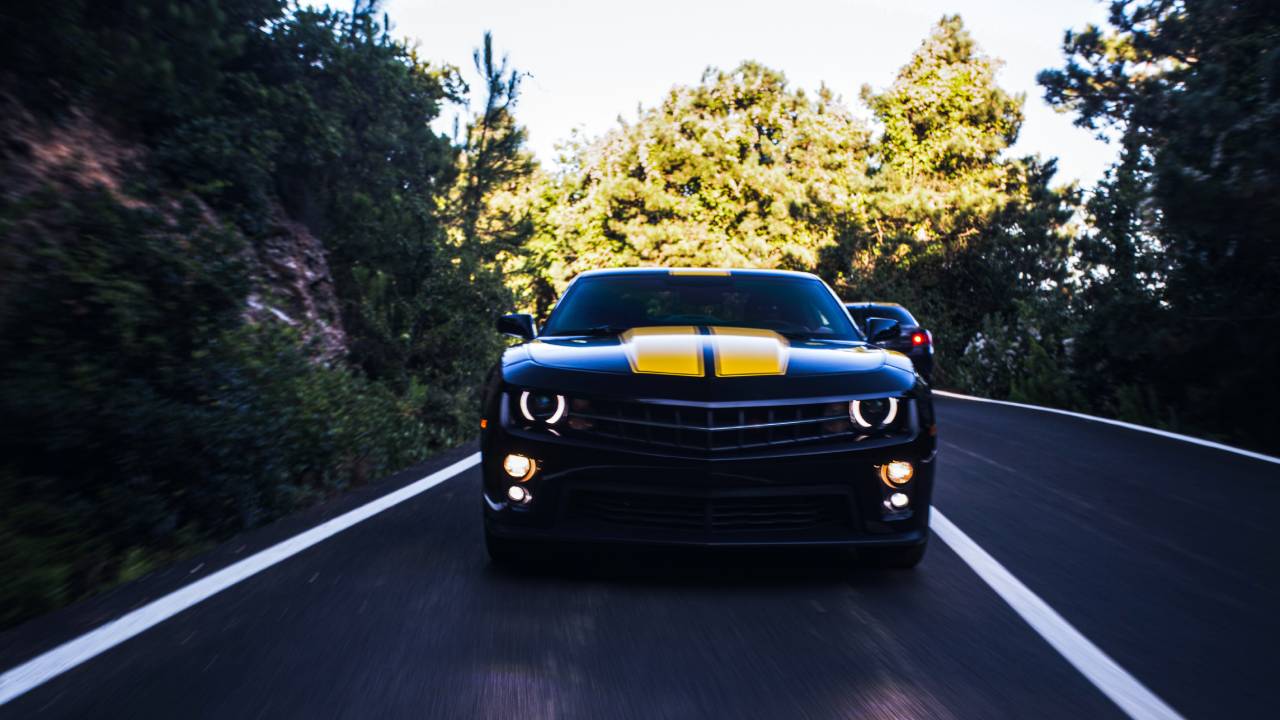Choosing the perfect car is more than just a financial decision; it’s a deeply personal choice that reflects your passion and goals in motorsport. For enthusiasts, car collectors, and performance car owners, the debate often narrows down to two thrilling categories—sports cars and supercars. Both offer an exhilarating experience but serve distinctly different purposes.
If you’re looking to elevate your motorsport game, here’s a detailed guide to help you understand the differences and determine which is better suited for your needs. By the end of this guide, you’ll have a clearer picture of what aligns best with your driving goals, lifestyle, and budget.
Defining the Difference
Before comparing, it’s crucial to define what sets sports cars and supercars apart. While both categories include performance-oriented vehicles, they differ in design philosophy, engineering, and exclusivity.
Sports Cars
Sports cars are characterized by their agility, balance, and affordability in the performance car segment. Vehicles like the Mazda MX-5 Miata or Porsche Cayman excel in providing excellent handling, satisfying acceleration, and dynamic cornering without breaking the bank.
Supercars
Supercars, on the other hand, are high-performance machines that push the boundaries of engineering and design. These elite vehicles are rare, often handcrafted, and focus on delivering jaw-dropping speed and acceleration. Think Lamborghini Huracán, Ferrari 296 GTB, or McLaren Artura—machines designed to evoke awe on and off the track.
Key differences:
- Performance: Supercars often exceed 600 horsepower, while sports cars usually range between 200-500 horsepower.
- Exclusivity: Supercars have limited production runs, making them more prestigious.
- Price: Supercars command a higher price due to advanced engineering, materials, and branding.
Performance Comparison
Performance often dictates purchasing decisions in the world of motorsport. Here’s how sports cars and supercars stack up across critical metrics:
Speed
Supercars dominate top speeds, often exceeding 200 mph, while sports cars typically max out between 140-170 mph.
Acceleration
When it comes to acceleration, supercars often achieve 0-60 mph times in less than 3 seconds, whereas sports cars typically take 4-5 seconds. Supercars leverage advanced aerodynamics, lightweight materials, and powerful engines to bridge the gap to hypercar performance.
Handling & Braking
Sports cars excel in handling due to their focus on balance and drivability, making them easier to control in tight curves and track scenarios. Supercars, with their intense power, rely on cutting-edge suspension systems and massive brakes, which can reduce braking distances and improve lap times significantly.
Winner? Supercars take the edge in raw performance, but sports cars hold their own in everyday usability and effortless handling.
Daily Practicality and Comfort
Cars aren’t always driven on tracks. Many enthusiasts want a machine that complements their day-to-day life while delivering a thrilling ride.
Sports Cars for Daily Use
Sports cars offer the perfect combination of comfort and performance. Thanks to their manageable size, decent fuel economy, and features like advanced infotainment systems, they make excellent daily drivers. The Mazda MX-5 Miata, for example, offers both open-top fun and practicality with a reasonable price.
Supercars in Daily Life
While supercars excel in breathtaking performance, they aren’t exactly the friendliest companions for routine drives. Their low ground clearance, stiff suspension, and limited cargo space make them less practical for grocery runs or commutes. Additionally, supercars often require wider roads and are more intimidating in traffic.
If you need comfort and convenience, sports cars have the clear advantage.
Cost Analysis
Your motorsport dream doesn’t have to bankrupt you. Understanding the costs involved in both categories will ensure your selection aligns with your budget.
- Purchase Cost: Sports cars usually cost between $30,000-$120,000. Supercar prices, however, often start around $200,000 and can stretch into seven figures for limited-edition models.
- Maintenance: Supercars involve higher maintenance expenses due to premium parts, advanced engineering, and servicing requirements. Specialized tires, brake components, and fluids can significantly increase long-term ownership costs.
- Insurance: High horsepower and exclusivity mean supercars cost significantly more to insure than the average sports car.
For those seeking thrills without financial strain, sports cars are the more accessible and budget-friendly option.
Technology and Innovation
Advancements in automotive technology play a pivotal role in defining a car’s appeal. Both sports cars and supercars boast cutting-edge features, but supercars lead in terms of innovation.
- Supercar Tech: Supercars feature groundbreaking technologies such as hybrid powertrains (e.g., the Ferrari SF90 Stradale), active aerodynamics, and AI-enhanced driving modes that adapt in real-time.
- Sports Car Tech: While not as extreme, modern sports cars include impressive tech like adaptive suspension, advanced driver-assistance systems, and high-quality infotainment systems.
Supercars undoubtedly offer the best of innovation, but for most driving scenarios, the tech in sports cars is more than sufficient.
Motorsport and Track Performance
For motorsport enthusiasts, a vehicle’s track performance is often what matters most.
- Sports Cars on the Track: Most sports cars are engineered for track and casual driving, making them ideal for drivers who want occasional weekend thrills without overwhelming complexity.
- Supercars on the Track: Supercars are born for circuit domination. With blistering track times, incredible aerodynamics, and precise engineering, they’re the ultimate choice for competitive racing.
Ultimately, your choice depends on the frequency and intensity of your racing ambitions. If you’re a regular track enthusiast with a need for speed, supercars may justify their higher price.
Personal Testimonials and Expert Opinions
Sports Car Owner: “My Porsche Cayman is the perfect balance between performance and practicality. I use it for my daily commute and weekend track days,” shares Sarah L., a proud sports car owner.
Supercar Owner: “I’ve dreamed of owning a Ferrari, and it’s everything I imagined. But I treat it as a special occasion car—the thrill is unmatched,” says Mark H., a Ferrari owner.
Expert Opinion: Automotive journalist Jason R. adds, “For enthusiasts dipping their toes into high-performance driving, sports cars are the smarter entry point. Supercars are aspirational, but they’re not for the faint of wallet—or heart.”
Sports Car or Supercar? The Choice is Yours
Both sports cars and supercars offer thrilling ways to elevate your motorsport experience. Choosing between the two depends on factors like budget, practicality, and your specific driving goals.
- Choose a Sports Car if you’re seeking a balance between affordability, daily usability, and solid performance.
- Choose a Supercar if you want unmatched performance, cutting-edge technology, and the prestige of owning an exclusive masterpiece.
Ultimately, your motorsport journey should reflect your passion and lifestyle. Take the time to research, visit showrooms, and, most importantly, schedule test drives to find the right fit for you.
Have Your Say
Have you driven both sports cars and supercars? We’d love to hear about your experiences. Share your thoughts in the comments below!


